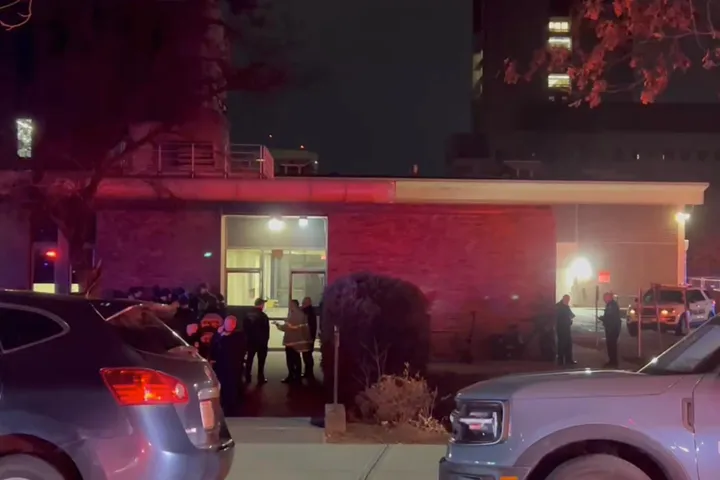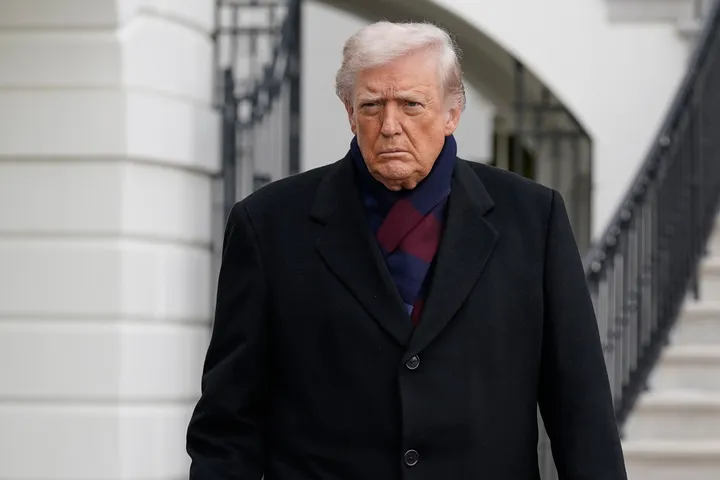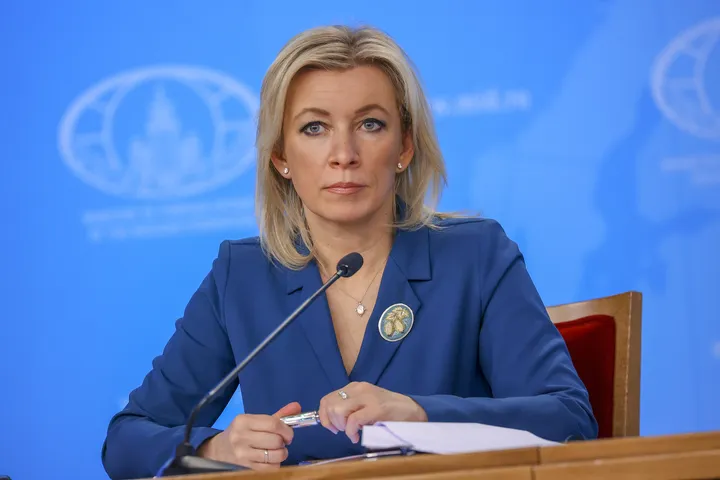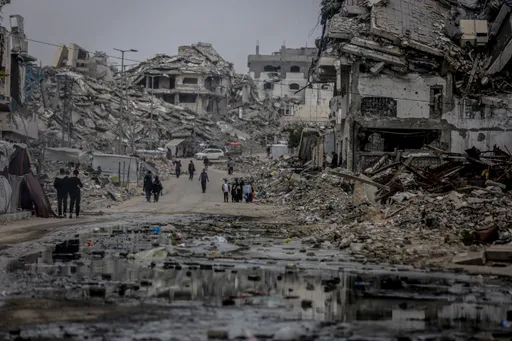With over 8,800 trainee and junior doctors handing in their resignations in protest of the government’s plan to increase the intake of medical students, the fabric of South Korea’s healthcare system is unravelling as the resident doctors' strike spirals on.
While none of the resignations have been accepted, Seoul's Second Vice Minister at the Ministry of Health and Welfare Park Min-Soo said 7,813 of the doctors have walked out of hospitals and did not show up for work despite government orders to return.
The South Korean government on February 6 announced it would increase the yearly quota of medical school student enrollment by 2,000, up from the current 3,058, and says that change is necessary due to the low number of doctors in the country and rapidly ageing population.
The country has 2.6 practising doctors per 1,000 people, which according to 2023 data from the Organisation for Economic Cooperation and Development (OECD), is significantly lower than the average of 3.7 in other OECD countries.
According to South Korean President Yoon Suk-yeol, there is a need to take action now to avoid a projected shortfall of 15,000 doctors by 2035. Opponents of the strike claim it is a reaction to increased competition in the medical field.
Doctors, however, maintain that the country already has enough physicians and argue the changes will negatively impact service provision from increased competition, as well as affect education quality of incoming medical students.
Instead, those protesting believe the government should address poor working conditions that involve long hours and low salaries, especially in underserved areas such as paediatrics and emergency medicine, which are viewed as less lucrative fields compared to dermatology and cosmetic surgery.
“Thanks to the messy policy that ignores reality on the ground, I can give up my dream of becoming a specialist in paediatric emergency medicine without any regrets,” Park Dan, head of the Korean Intern Residents Association, wrote on Facebook after submitting his resignation to Seoul’s Severance Hospital. “I have no intention of going back.”
Some groups participating in the protest like the Korean Intern Resident Association (KIRA) called the government’s plan “a radical medical school quota policy to win political votes.”
“Even if we increase the number of doctors, nothing will change unless we first solve problems such as low cost and medical litigation. Increasing the number of medical schools will lead to increased medical expenses for the people without solving the fundamental problems of essential medical care,” it said in a statement.
“We couldn't just sit back and watch medical policies developed solely for the sake of winning the general election. Even in a collapsing training environment, not a single resident wanted to leave the hospital … We regret that we have to convey the voices of young doctors in this way.”
There are concerns that more across the profession may go on strike, following the junior doctors' lead.
In the absence of doctors, including emergency care physicians, surgical procedures like C-sections, officials say, are being cancelled, while cancer treatments have been postponed. Emergency rooms are also reportedly turning back patients.
This is not the first time doctors in South Korea have gone on strike. In 2020, the previous Moon Jae-in administration attempted to increase the yearly medical school admissions quota, which has been fixed since 2006, by around 400, or 13 percent, over the next decade.
The plan was shelved after the Covid-19 pandemic escalated amid protests by doctors. The Korean Herald noted that the number of doctors who protested at the time was low, as many chose to prioritise their patients, garnering public sympathy for their dedication to saving lives during uncertain times.
This time around, however, public sentiments seem to have shifted. According to a recent Gallup Korea poll, about 76 percent of South Koreans are in favour of the government's plan to increase the number of medical students.
So far, the government has ordered the doctors who had gone on strike to return to work, adding that those who do not comply risk prosecution, but expressed its willingness to engage in a dialogue and welcomes suggestions to improve its plan.
“The main role of medical practitioners is to protect public health and lives, making any group action that endangers life unjustifiable,” Second Vice Minister at the Ministry of Health and Welfare Park said in a news briefing.
The government has also instructed military hospitals and police hospitals across the country to accept civilian patients.
The Korean Young Nurses Association, though for the most part disagree with the government's decision to increase the medical student quota, has called on doctors to remain in hospitals.
“We also believe that the government’s sudden announcement to increase medical school enrollment quota is excessive. We also doubt that the quality of education from medical schools following the quota increase will be as good as the government claims it will be,” it said in a social media post.
“Nevertheless, we request for you to not leave the field. Fight for your beliefs, not through strikes but in the field.”
























